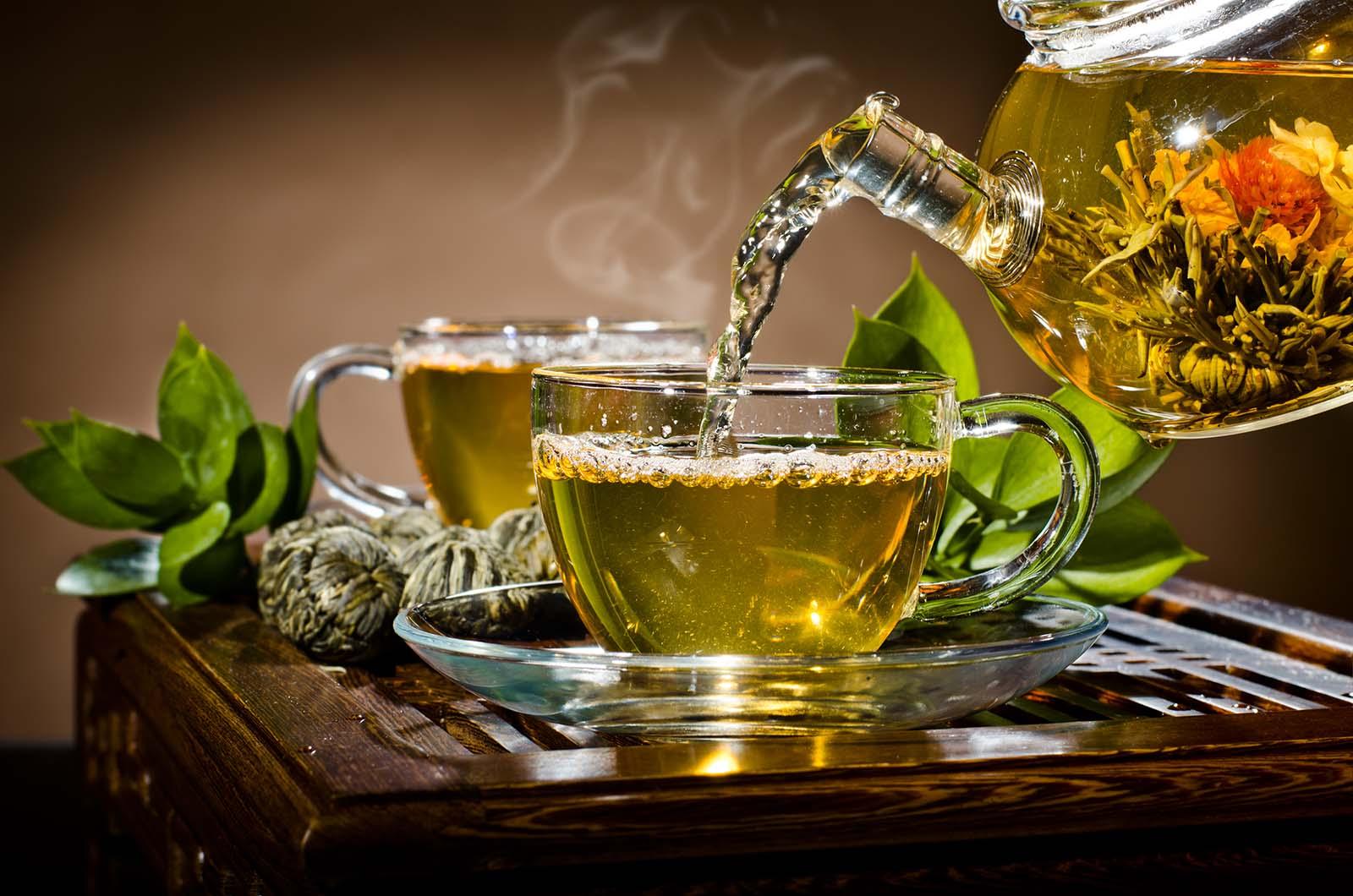Is it acceptable for me to drink tea when I'm on a fast?
Some of the Many Benefits You Can Receive From Breaking Your Fast with Tea
Fewer hunger pains. Some dieters find that the cravings they experience during the first few days, weeks, or even months of a diet can be challenging. This is because the body is accustomed to receiving a steady supply of calories throughout the day, so when this supply is suddenly cut off, the body experiences withdrawal symptoms. Catechins are a type of phenolic molecule and antioxidant that can be found in tea. A study that was carried out in 2016 and published in the journal Clinical Nutrition suggests that catechins may help reduce the production of ghrelin, which is a hormone that signals hunger within the body.
A higher sense of comfort and relaxation. Research that was conducted in 2019 and published in the peer-reviewed journal Nutrients suggests that the amino acid L-theanine, which is present in both green and black tea, may help reduce the effects of stress. It's possible that if you make it a habit to brew a cup of coffee every morning and keep a mug of it in your hands when you're worried, you'll discover that it helps naturally relax you. This could be the case if you make it a habit to keep a mug of coffee in your hands when you're anxious.
Still more reduction in weight. A study that was conducted and published in 2018 in the journal Molecules indicated that the polyphenols found in tea, and more specifically in green tea, could be advantageous for individuals who are aiming to drop a few extra pounds. This is due to the fact that the caffeine in tea has the potential to set off a reaction within the gut microbiota, which in turn has the potential to set off enhanced fat burning. The amount of polyphenols found in green tea is especially high.
What are some of the most exquisite teas that can be brewed?
Any kind of unsweetened tea is a fantastic choice for while you are fasting or when you are allowed eating windows while you are doing intermittent fasting. However, the following are some of the greatest options available to you:
- Peppermint tea
- Ginger tea
- Oolong tea
- Green tea
- Matcha tea
- Rooibos tea
- Black tea
- Chamomile tea
If you want to get the most out of the health benefits that tea has to offer, you should make it a goal to consume three to four cups of unsweetened tea on a daily basis, regardless of whether or not you are fasting.
To make it, you will need to use both tea bags and loose tea leaves (one teaspoon of leaves per eight ounces of water)
People who are pregnant, breastfeeding, diabetic, or who have a history of eating difficulties or seizures should steer clear of intermittent fasting because it is not healthy for them to do so. People who have a history of eating problems or seizures should also steer clear of intermittent fasting.
